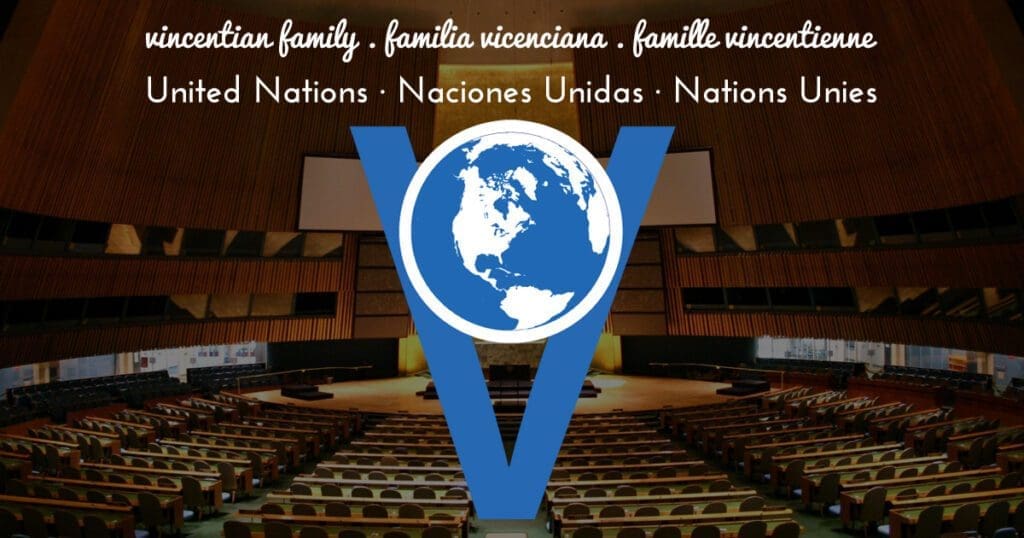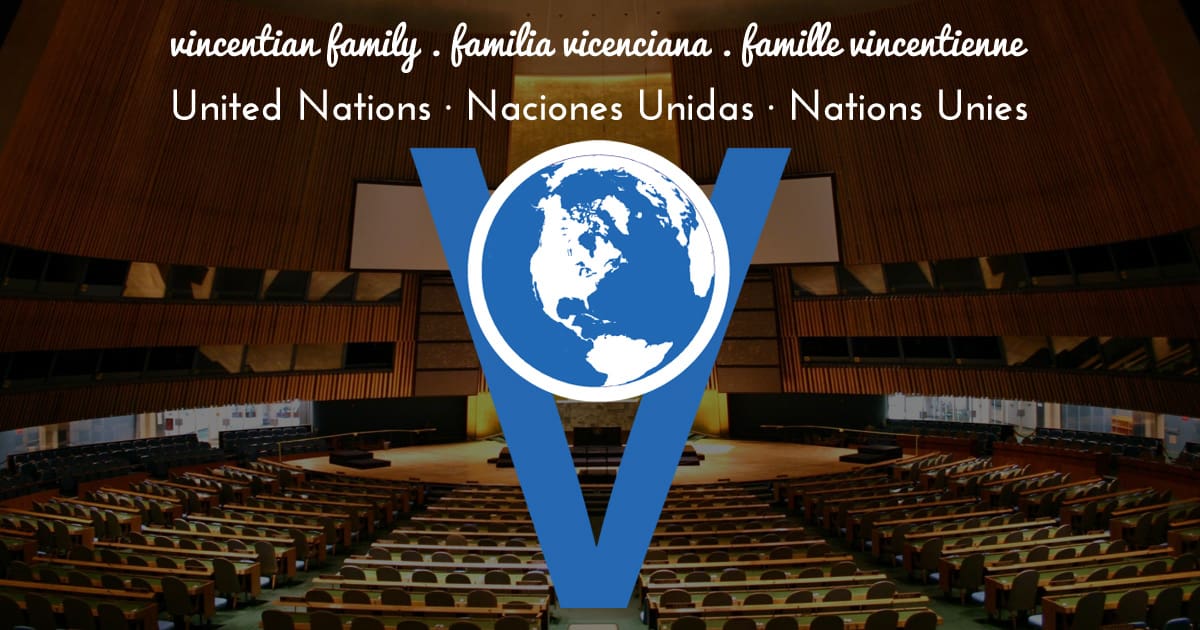It’s Called Fairness
A three-year-old screams “It’s not fair” when she thinks her brother gets something she doesn’t. Another child cries out the same when told it’s time for bed while an older sibling stays up.
They are calling for justice. Because there’s an instinct in us that things should be fair…not equal perhaps but at least fair. As Ms. Mia Mottley, Prime Minister of Barbados, says about social justice, “we know what that is, we learned it from our kids, it’s called fairness.”
Most people don’t think it’s fair that very wealthy people pay lower taxes than they do. Or that corporations can simply raise prices or fire workers without good cause. Again, an innate sense of justice tells us when something is just wrong.
Even in the more undeveloped areas of the world, where futures seem pre-determined and fixed, with some exposure to the wider world everyone would want greater fairness, with opportunity for everyone, with material help when needed, with everyone’s dignity respected.
The United Nation’s 2030 Agenda of Peace and Prosperity for People and the Planet aims at getting humanity closer to that world. And the underlying promise is to leave no one behind.
Leave no one behind–progress for all– is only attainable if material progress is combined with spiritual or ethical values. Recent economic growth has clearly brought prosperity for many, but since much of that growth has come without a link to justice or equity, a few have disproportionately benefitted while many are left in precarious conditions. This is a spiritual issue. A spiritual failure.
Society will only be healthy and whole if values like community, the Common Good, and shared prosperity are intentionally pursued. It’s about fairness.
The UN agenda is inspired by Human Rights, a universal declaration, affirming that all people have these rights, that rights belong to people not to governments, and that they must be respected.
The Social Teaching of the Church inspires others to seek justice and the Common Good, and to challenge the status quo where everything is set up to favor the wealthy and well connected. Although not well known, the Social Doctrine builds on its roots in Scripture and is authentically pro-life because it defends and promotes life from womb to tomb—“I came that you might have life, and life in abundance.”
The Social Teaching fosters a mindset to seek and understand the root causes of injustice and to promote changes in the systems and structures that cause and keep people in poverty and misery. Professor Cornell West says it well: “Never forget that justice is what love looks like in public.”
In the Vincentian tradition we find Blessed Frederic Ozanam, principal founder of the Society of St. Vincent de Paul, a forerunner of Social Teaching with his calls for pensions and worker rights well before the earliest formulations of the doctrine. He tells us “Go to the poor”, listen and learn, and complement charity with work for justice.
Inspired by the Universal Declaration of Human Rights, Catholic Social Teaching and most of by all our shared charism to serve the poor, The Vincentian Family NGOs work to bring systemic change for people in poverty through our collaborative work at the UN doing political advocacy, a new level of charity. It involves navigating complicated concepts and constructs like Social Protection Floors, the Multi-Dimensional Polycrisis of Inequality, and Global Financial Architecture…but in the end it’s simply all about Fairness.
Jim Claffey
NGO representative of the Congregation of the Mission to the United Nations

Tags: United Nations







This is error from the get-go.
“A three-year-old screams “It’s not fair” when she thinks her brother gets something she doesn’t. Another child cries out the same when told it’s time for bed while an older sibling stays up.”
“we know what that is, we learned it from our kids, it’s called fairness.”
This isn’t an instinct for fairness; it’s an instinct for envy, one of the seven deadly sins. Do we really think a three-year-old should be allowed to stay up as long as a twelve-year-old?
If children understood justice and fairness, we wouldn’t have to teach them to say “Thank you.” We wouldn’t have to teach them to take turns. We wouldn’t have to teach them not to hit others to get what they want. Children are pagan barbarians, and adults who try to draw lessons from them are problematic.
Children do like play games. They believe a game is “fair” when everyone plays by the rules and infractions are penalized, even though they know that there will be a winner and a loser. Indeed, half the teams who participate in a “fair” game are going to lose. People would prefer to fly in a new model of airplane designed by the company that won the design competition, rather than the company that lost the design competition but got a Participation Trophy and were good sports about it. Sometimes there are valid, important reasons for inequality and children don’t understand them at all. It is worrisome that there are people in important positions of responsibility who think that it might be otherwise.
Wrath or anger is another one of the “deadly sins.” But anger may well make for justice. See https://www.americamagazine.org/issue/432/faith-focus/being-gentle-and-firm.
Might not the “instinct for envy” lead to fairness, so that one could make the case that in the “instinct for envy” might lie some “instinct for fairness”?
Mr. Roth, thanks for writing. It’s good if these articles spark some dialogue or discussion. The “staying up” reference probably wasn’t my finest example, granted. Rather than a heavy academic intro, I was trying to be light and almost fun with it. I do, however, stand by the rest of what I wrote. And I think parents do learn some things from their children even if children learn justice mostly from life experiences and their studies. Yours is an overly literal reading of the article, I fear.
I would never refer to children as “pagan barbarians” because I think they’re born innocent until society with all of its injustices (and maybe helped by bad parenting at times) corrupts their thinking. Thank you for contributing to the discussion. Jim
Thanks Ross–great point that an initial sense of envy might indeed lead to a sense of justice. I think we get to justice in different ways, and maybe should take advantage of moments like these with children to point them in the direction of a fuller sense of fairness and justice….Jim